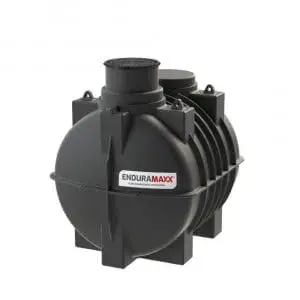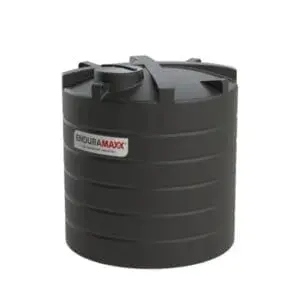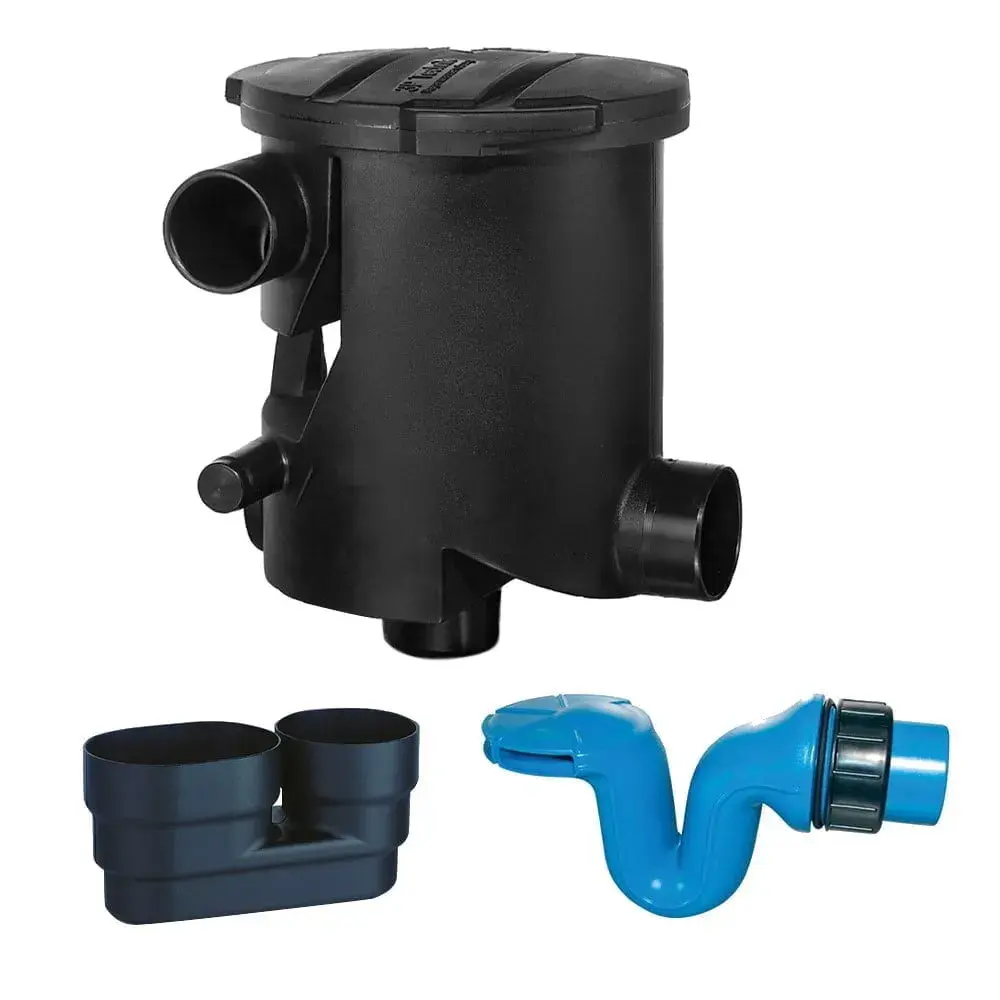
Unprocessed wastewater is one of the biggest global health hazards. Industrial process water or lightly soiled ‘grey water’ may look harmless, but wastewater is filled with all sorts of microscopic bits and pieces that nobody wants served on a dinner plate. Sludge, on the other hand, is instantly recognised as a waste product – a ‘paste’ of semi-soluble particles and debris with low water content.
Both wastewater and sludge require careful treatment before they can be reused or released into a public sewer. Read on to find out more.
What Is Sludge?
Water treatment involves removing a range of waterborne sediments and contaminates from water. Known as ‘sludge’, the resulting semi-solid material that accumulates inside the treatment plant is a mixture of unwanted chemicals and biomatter. Any wastewater treatment, sewage treatment, on-site sanitation, or rainwater treatment will accumulate sludge.
Does Sludge Pose A Health Hazard?
Sludge varies in its biochemical composition, but the main ingredients are roughly the same. Sludge is likely to contain organic chemicals, toxic metals, chemicals, and bacteria such as E. coli. These pose multiple risks to human health. For instance, if sludge seeps into waterways pathogens and harmful metals can quickly enter the food chain, where they affect crops, livestock, and – ultimately – consumers. Worryingly, antibiotic-resistant bacteria thrives in sludge, creating a problem so serious that it has been declared a worldwide health problem.
Does Sludge Harm Plants And Animals?
Sludge can have a devastating effect on wildlife. Worms and insects are attracted to the complex biomatter, and quickly begin ingesting it. Birds that eat contaminated worms suffer permanent organ damage due to an accumulation of toxins. Sludge-borne pathogens are easily transmitted from animal-to-animal, and can result in deadly transmissible spongiform encephalopathies (TESs) known as Prion’s Diseases. These can be directly passed to humans. The most well-known of these is Creutzfeldt-Jakob Disease (CJD), more commonly known as ‘Mad Cow Disease’, which to date has killed over 200 people and led to the mandatory slaughter of almost five million cattle.
Who Is Most At Risk From Sludge?
Both humans and animals are at risk from sludge. Anyone who consumes contaminated food has the potential to accumulate dangerous toxins in their system. However, some groups are vulnerable to greater exposure than others. Swimmers, boaters, and fishing enthusiasts are particularly at risk, and aquatic wildlife can face devastating consequences from river pollution. Industrial sites that dump sludge into rivers contribute to the estimated 1.7 million global deaths from contaminated water every year.
What Are The Economic Impacts Of Sludge?
Water that has not been properly treated has a catalogue of economic consequences. Sludge gradually starves water of oxygen, killing off aquatic and marine habitats and impacting the agriculture that waterways support. It also leads to beach closures, with figures suggesting that pollution has risen 85% since 2021. The government has been forced to launch a water safety portal that beach goers are advised to use prior to entering the sea, and the subsequent impact on the leisure and tourism industry has been profound.
What Does The Law Say About Sludge?
There are multiple rules and regulations regarding the safe disposal of sludge. These cover the acceptable volumes of sludge, how it can be moved, and its treatment and disposal. Companies need to have permits, records, and authentication in order to demonstrate compliance, and illegal wastewater and sludge disposal can be prosecuted under law.
How Can Enduramaxx Help?
Enduramaxx are specialists in the safe collection and storage of sludge and wastewater in preparation for, and following, treatment. Please get in touch today to find out more.
Image source: Unsplash
Posts By Topics
- Blog (303)
- Chemical Storage Tanks (118)
- Chemical Dosing Tanks (114)
- Chemical Tanks (114)
- Water Tanks (58)
- Rainwater Harvesting Tanks (43)
- Vertical Rainwater Tanks (31)
- Vertical Storage Tanks (31)
- Cone Bottom Tanks (19)
- Conical Cone Tanks (18)
- Rainwater Harvesting (17)
- Water Bowsers (15)
- Horizontal Tanks (14)
- Potable Water Tanks (13)
- Farming (9)
- Case Studies (8)
- Industrial Storage Tanks (7)
- Liquid Fertilser Storage Tanks (6)
- WRAS Approved Potable Tanks (6)
- Wine and Beer Production (6)
- Horizontal Transport Tanks (5)
- Microbrewery (5)
- Rainwater (5)
- Category 5 Break Tanks (4)
- Cider Production (4)
- Mixer Tanks (4)
- Molasses Tanks (4)
- Polyethylene tanks (4)
- Rainwater Filter Kits (4)
- SPECIALIST & BESPOKE TANKS (4)
- Bunded Tanks (3)
- Slimline Tanks (3)
- WRAS Approved (3)
- Clarification Tanks (2)
- Crosslinked Polymer Tanks (XLPE) (2)
- Fertiliser Tanks (2)
- Sump Tanks (2)
- Tank Installation (2)
- Water Butt (2)
- underground water tanks (2)
- ACCESSORIES & FITTINGS (1)
- ATV & UTV SPRAYING UNITS (1)
- Above Ground Effluent Tanks (1)
- Bespoke Tank Frames (1)
- Category 5 Turret (1)
- Caustic Soda Tanks (1)
- Closed Top Bunded Tanks (1)
- Craft beer (1)
- Effluent Tanks (1)
- Enduramaxx (1)
- Ferric Chloride Tanks (1)
- Fire Safety Regulations (1)
- Fire Sprinkler Water Storage Tanks (1)
- Industrial Water Tank (1)
- Open Top Bunded Tanks (1)
- Open Top Cone Tanks (1)
- Open Top Vertical Tanks (1)
- Polyethylene Potable Water Tanks (1)
- Polyvinylidene Fluoride (PVDF) Tanks (1)
- Polyvinylidene Fluoride Tanks (PVDF) (1)
- Pressure Washers (1)
- Pro Series Spot Sprayers (1)
- RWH (1)
- Sodium Hydroxide Storage Tanks (1)
- Sprayer Fill-up Tanks (1)
- Uncategorised (1)
- liquid fertiliser tank (1)
Sign up to the newsletter
enduramaxx.marketing
Related Posts
What Is Flocculation In Water Treatment?
What Is Flocculation In Water Treatment? And how flocculation is used in wastewater treatment, a...
DAF Sludge Storage, Balance & Buffer Holding Wastewater Tanks
DAF Sludge Storage, balance & buffer holding wastewater tanks can be used for a variety of purposes...
Industrial Wastewater Treatment Using Microalgae
Industrial wastewater treatment using microalgae wastewater treatment systems can remove heavy...
Related Products
From £1,080.00 inc. VAT
£900.00 exc. VAT
From £1,344.00 inc. VAT
£1,120.00 exc. VAT
From £768.00 inc. VAT
£640.00 exc. VAT
£480.00 inc. VAT
£400.00 exc. VAT






